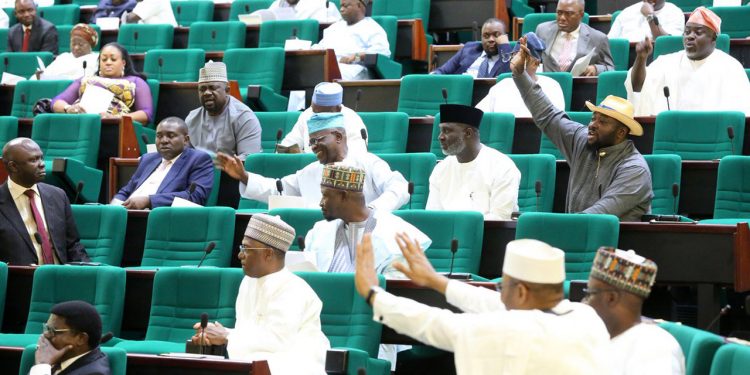By Emmanuel Nduka
A bill seeking to regulate Ponzi, pyramid schemes, and other forms of investments, with a proposal of a 10-year jail term for operators, has passed second reading in Nigeria’s House of Representatives.
The bill also proposes more regulatory powers for the Securities and Exchange Commission (SEC), as well as ease state and local governments’ access to securities and facilities.
The legislation is titled, ‘A Bill for an Act to Repeal the Investments and Securities Act, 2007 and Enact the Investments and Securities Bill to Establish Securities and Exchange Commission as the Apex Regulatory Authority for the Nigerian Capital Market as well as Regulation of the Market to Ensure Capital Formation, the Protection of the Market to Ensure Capital Formation, the Protection of Investors, Maintain Fair, Efficient and Transparent Market and Reduction of Systematic Risk; and for Related Matters.’
Babangida Ibrahim, Chairman of the House Committee on Capital Market, who sponsored the bill, noted that the current law governing the Nigerian capital market, the Investments and Securities Act, Act No. 29 of 2007, was signed into law by the late President Umar Musa Yar’adua in June 2007.
Ibrahim
He noted that current trends in capital markets regulation, over 14 years after, have made it necessary to make major improvements to the Act to align the Nigerian market with international standards.
The lawmaker said the bill would raise the number of sections in the ISA 2007 from 316 to 351.
While listing the objectives of the proposal to include enhancement of provisions relating to efficient regulation of investment schemes and to effectively combat the proliferation of Ponzi schemes in Nigeria, Ibrahim explained that the bill prohibits Ponzi/pyramid schemes as well as other illegal investment schemes and prescribes a jail term of not less than 10 years for their promoters.
He added that SEC would also be empowered to shut down such prohibited investment schemes.
Ibrahim also said there was an introduction of new provisions to regulate the activities of Financial Market Infrastructures, as well as netting and bankruptcy provisions to protect investors in derivatives contracts.




































